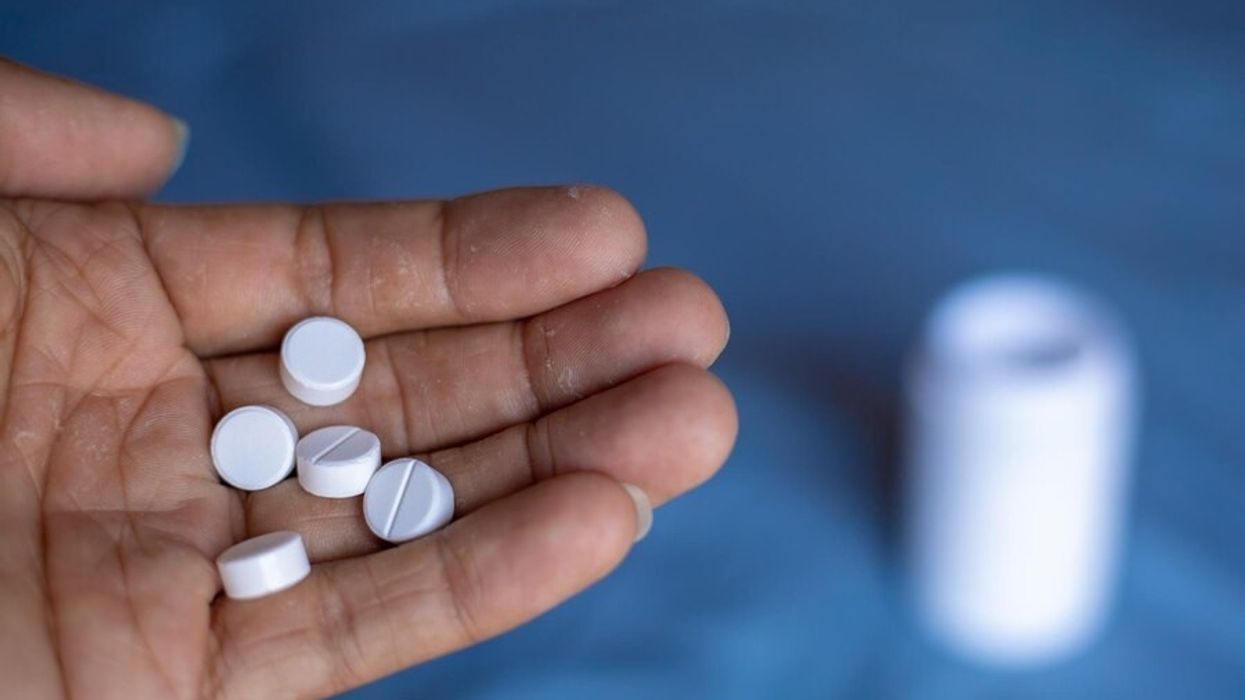A patient may be mislabelled as allergic to penicillin after experiencing an intolerance and not a true allergy
Neil Powell, a consultant antimicrobial pharmacist and a clinical researcher at the Royal Cornwall Hospital in Truro, has received funding from the National Institute for Health and Care Research (NIHR) to identify patients falsely labelled as allergic to penicillin.
The NHS reports that one in 10 people have a documented penicillin allergy in their medical notes; however, research indicates that up to 90 per cent of these individuals could potentially use these antibiotics safely.
The study, titled Removing Erroneous Penicillin Allergy Labels (REPeAL), is particularly aimed at optimising the use of penicillin, according to Powell.
"Penicillin is generally well-tolerated, it's effective, safe, and therefore we want to be using it," he told BBC.
Citing various other reasons for conducting this study, Powell highlighted that antibiotic options are limited in those with “a resistant bug and a penicillin allergy.”
Patients with penicillin allergy records are usually prescribed non-penicillin antibiotics, which often result in poorer health outcomes.
In an earlier investigation, Powell and his research group examined the impact of penicillin allergy records on antibiotic costs and patient length of hospital stay.
They found penicillin allergy records associated with an increase in non-penicillin antibiotic prescribing, a 28.4 per cent increase in antibiotic costs and 5.5 per cent longer length of hospital stay, in comparison to patients without a penicillin allergy record.
In an interview with MedicalUpdateOnline last year, Powell said that around 15 per cent of hospitalized patients have a penicillin allergy record but “less than 5per cent of those people with an allergy record are genuinely allergic to penicillin.”
As a result, he highlighted that penicillin is being denied to a lot of people unnecessarily.
Furthermore, he emphasised that using alternative antibiotics in such patients increases their risk of treatment failure and mortality, as well as prolongs their hospital stays and raises the likelihood of experiencing adverse effects.
“They are getting potentially inferior treatment with negative consequences”, he said.
Patients may mistakenly be classified as allergic to penicillin due to experiencing intolerance rather than a true allergy, outgrowing an allergy over time or by incorrectly attributing a reaction to penicillin when it was not the actual cause, as suggested by the NHS.
Powell said that about 70 per cent of those with penicillin allergy labels acquire them during childhood, with childhood rashes being the common reason.
An upper respiratory tract infection, which can be triggered by viruses or bacteria, may result in skin rashes in children. But this rash was frequently attributed to the penicillin they received for the infection, leading to an erroneous penicillin allergy label, Powell explained.
Instances of diarrhea, nausea, or vomiting associated with penicillin treatment were mislabelled as an allergy, he added.













